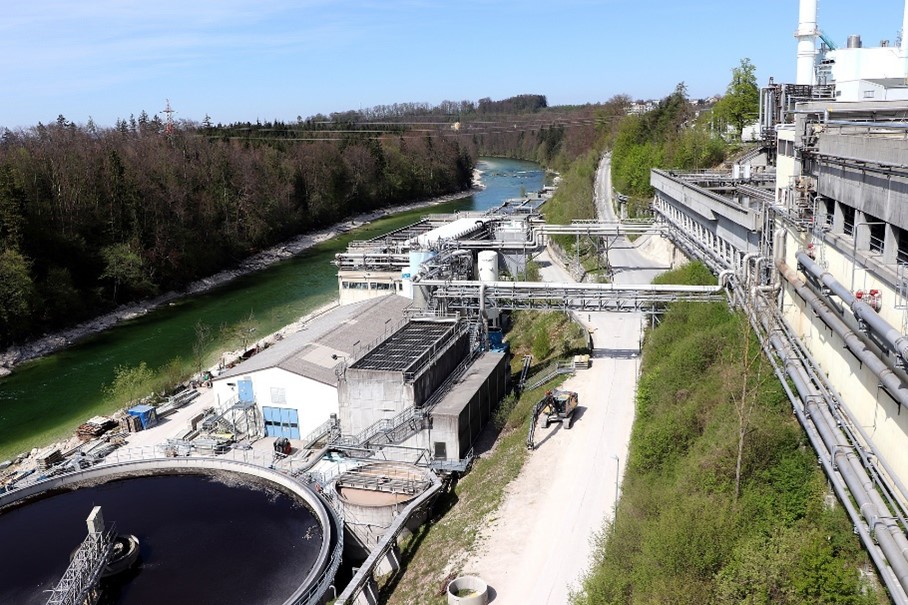The pros and cons of using disinfection in effluent water treatment
Effluent water is found in the outflowing of water or gas from such places as wastewater treatment plants, sewage pipes or industrial outfalls. But the question is should we use disinfection in effluent water treatment?
What are effluent water and effluent water treatment?
Effluent water is the term for sewage which has already been treated in a septic tank or sewage treatment plant. It can also be referred to as trade effluent or wastewater. This is waste that doesn’t come from toilets, kitchens, or surface water. In other words, this isn’t your common, household domestic sewage.
Most effluent water contains one or more of the following contaminants:
- Fats, oils, or greases
- Chemicals
- Detergents
- Solids
- Food waste
The purpose of wastewater treatment or effluent treatment is to remove as much of the suspended solids before it is discharged back to the environment. However, effluent water can often carry many harmful bacteria and so simply removing solids from the mass may not be enough. But should we use disinfection in the effluent water treatment?
Why should we use disinfection in wastewater treatment?
The wastewater which has been sitting in septic tanks and treatment plants harbour a variety of potential deadly bacteria including those that cause cholera, polio, and typhoid. Disinfection is a great way of helping to neutralise and destroy these deadly bacteria strains before it can cause harm to us, animals, or the environment.
Industrial wastewater treatment most usually has an additional disinfection stage once it has been treated at the plant. The aim of this step is to remove or deactivate as many bacterial, parasitic, and viral bacteria as possible to neutralise the water. Once it is discharged back into the environment there is no going back. Although tap water is filtered further, any bacteria which reaches lakes, rivers or any other body of water could still seriously harm humans or the environment.
Are there any downsides to using disinfection in effluent water treatment?
The answer to that is, that there are negatives but these are different for each type of disinfection system used. This is because each system comes with its own risks and potential harm.
One of the most common wastewater disinfection methods especially in America is through chlorination. This is carried out by adding a small dose of chlorine to the water to eradicate and neutralise the bacteria. However, it has been proved that even in small doses this chemical can have a big impact on the environment and certain species.
The safest disinfection method which has been proved to be the friendliest one to the environment is the usage of UV light. By exposing the wastewater to UV rays the bacteria’s DNA is deactivated making it harmless. However, the UV light only reaches so far, and this is not feasible in a large body of water. To disinfect a large body of water through this method you would need to use multiple UV light sources and the concern would be whether you have penetrated the whole body with the rays. Using this method on a large area can bring its own risks as segments of water can easily be missed, thus meaning bacteria survive and can then multiply. Although the safest, this would only be suitable for a smaller body of water.
There are other methods of effluent water treatments such as chemicals to eradicate the bacteria and decontamination tanks after the water has left plants, but each comes with their benefits and risks.
However, UV light has a variety of disinfection benefits much more than just with wastewater treatment.
Here at UVO3, we specialise in UV filters for all different purposes. From your industrial-sized filters for the workplace, down to small domestic filters for the home. We believe that disinfection and sanitisation through UV is the safest and most eco-friendly method you can use. If you are looking for a disinfection method you can believe in, whilst helping the environment then UV light filters could be the best investment you make this year.
Take a look at our full range of products or contact us today to find out more about what we can offer to help you, your family and your business stay safe and healthy.

